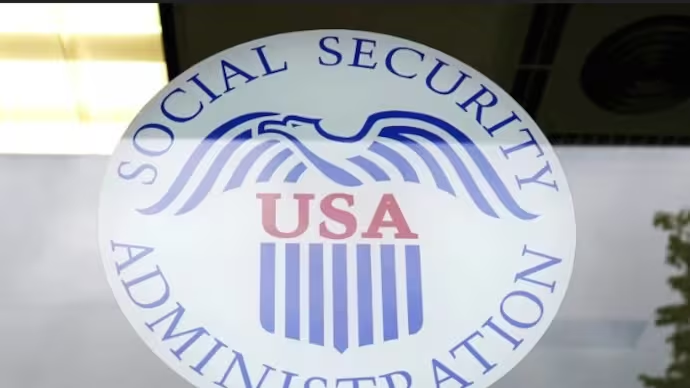Major Pension and Social Security Law Changes in 2025: What They Mean for You
New laws in 2025 are changing the landscape of Social Security and pension benefits in both the United States and the United Kingdom. These adjustments come as governments respond to aging populations, economic pressures, and fiscal sustainability concerns.
Here’s a breakdown of what’s changing, who’s affected, and where to get official help.
United States: Reforms to Social Security and Retirement Systems
1. Social Security Fairness Act Repeals WEP and GPO
In a major legislative shift, the Social Security Fairness Act was enacted in early 2025. This repeals two controversial provisions — the Windfall Elimination Provision (WEP) and the Government Pension Offset (GPO). These rules had reduced benefits for public servants like teachers and firefighters who also qualified for government pensions.
Impact:
- Over 2.8 million people will see increased benefits.
- Retroactive payments dating to January 2024 are being issued.
- Monthly gains range from $360 to over $1,000, depending on the recipient.
For updates or to check eligibility, visit the official Social Security Administration site: www.ssa.gov
2. CBO’s Proposal for Flat Social Security Benefits
The Congressional Budget Office (CBO) proposed a radical fix to the projected $22.6 trillion Social Security deficit: replace earnings-based benefits with a flat monthly benefit of $1,660 per person or $2,250 per couple.
Key Points:
- Could increase benefits for the bottom 25% of retirees.
- Roughly 75% would receive less than under the current formula.
- Designed to cut costs by over $600 billion across 10 years.
This proposal is still under discussion and has not been implemented.
3. 2025 COLA Brings Smaller Increases
The Social Security Administration announced a 2.5% Cost-of-Living Adjustment (COLA) for 2025 — the smallest increase in several years.
- Average monthly benefit rises from $1,927 to $1,976.
- Maximum taxable earnings subject to Social Security tax are now $176,100.

4. In-Person Identity Verification Requirement
Starting April 14, 2025, all Social Security applicants must verify their identity in person at field offices if they fail to complete online verification.
This policy was introduced to combat fraud but may delay access for rural or elderly applicants.
5. Proposed Changes to Federal Employee Pensions
House Republicans are advancing plans to cut costs by changing federal retirement plans:
- FERS annuity supplement elimination.
- Switch from “high-3” to “high-5” salary calculation.
- Raise FERS contributions to 4.4% for all.
- New hires could become “at-will” employees unless they accept a higher contribution.
These are still proposals and not yet law.
Final Thoughts
The law changes across the U.S. aim to make retirement systems more financially sustainable and equitable. However, many of the proposed reforms — particularly flat-rate benefits and changes to public sector pensions — may reduce payouts for higher earners or delay retirement.
Retirees and future pensioners should:
- Regularly review their benefit statements.
- Use government calculators to estimate changes.
- Consult financial advisors for personal planning.
This article has been carefully fact-checked by our editorial team to ensure accuracy and eliminate any misleading information. We are committed to maintaining the highest standards of integrity in our content.

Outside of work, he enjoys playing chess, following cricket, and writing short stories. His commitment to integrity and in-depth analysis strengthens OTE News’ mission of providing trustworthy journalism.




